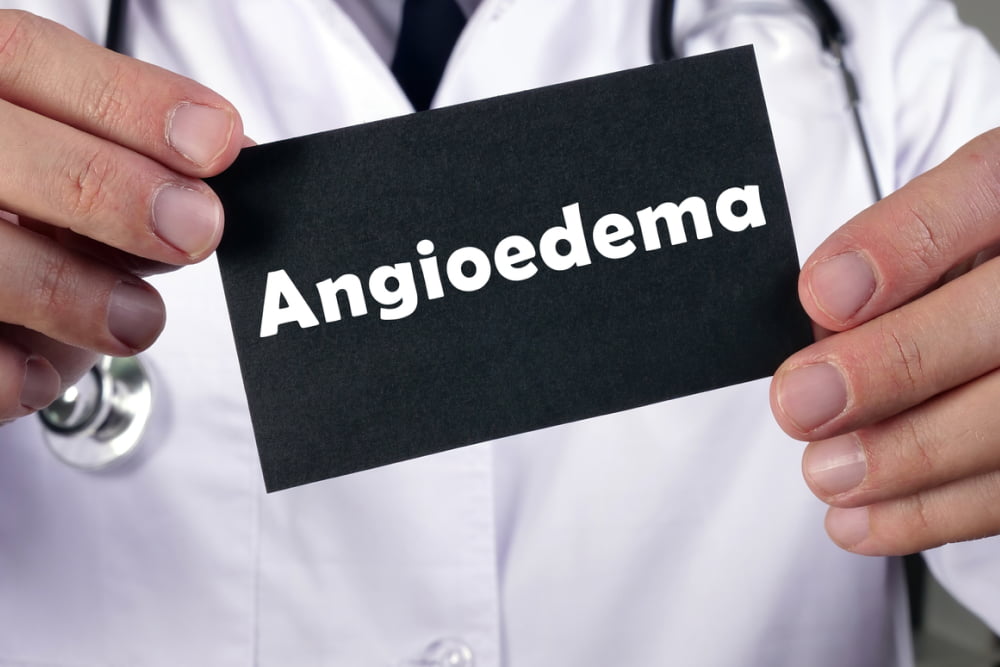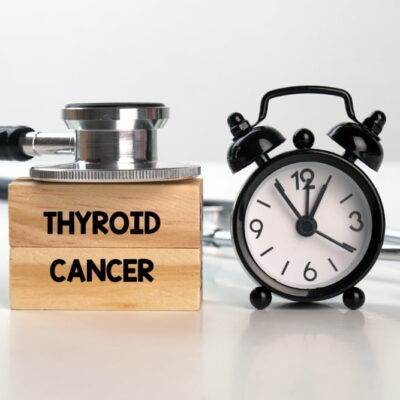
3 Warning Signs of Hereditary Angioedema and Management
Hereditary angioedema, or HAE attacks, is a rare genetic disorder that triggers swelling in different body parts. Sadly, these attacks are disfiguring, unpredictable, and painful. One is likely to be born with it, hampering daily life and may also become a medical emergency. Hence, it is imperative to learn the early warning signs. It can help with diagnosis and get instantaneous treatment. Read below to go through the warning signs and treatment of hereditary angioedema.
Early warning signs
In some people, hereditary angioedema attacks commence with a few warning signs several hours before the swelling starts. These symptoms are as follows:
- Tingling sensation
- Non-itchy, painless rash
- Fatigue
- Anxiety
- Sudden mood changes
- Irritability
- Skin tightness
Other HAE symptoms
When experiencing hereditary angioedema attacks, one may notice swelling in different places. It comprises the genitals, feet, hands, throat, and gastrointestinal (GI) tract. The throat swelling becomes a medical emergency and demands immediate treatment.
1. Skin swelling
Swelling is one of the top HAE signs, and it usually commences with tingling and tightness. Later, it advances to painful and extreme swelling. If left untreated, this swelling reduces over the next few days. However, the swelling can hamper daily activities. For instance, fingers may swell, making bending challenging, or swelling in the feet may prevent one from wearing the shoes.
The skin swelling may show on the following:
- Mouth and face
- Feet
- Hands
- Buttocks
- Genitals
- Hands
2. Abdominal swelling
A GI tract swelling accounts for 50 percent of all HAE attacks. When one’s GI tract is affected by an HAE attack, it can trigger:
- Diarrhea
- Vomiting
- Severe stomach ache
- Dehydration
- Nausea
In people with undiagnosed hereditary angioedema, abdominal signs can result in unwanted surgeries, as HAE is often confused with conditions like ruptured ovarian cysts, ovarian torsion, and appendicitis. In severe instances, the depletion of bodily fluids due to swelling in the abdomen can lead to hypovolemic shock. This condition is critical and requires prompt medical intervention.
3. Throat swelling
It is the most dangerous and extreme HAE symptom. Every 1 in 2 people with hereditary angioedema has had at least one incident of throat swelling. If one experiences throat swelling or trouble talking, swallowing, or breathing, one must immediately call 911, as inflammation in the throat poses a fatal risk when it obstructs the airways. Although these episodes typically take several hours to manifest, there is potential for them to occur more rapidly.
Some prevalent throat inflammation symptoms include:
- Difficulty breathing
- Difficulty swallowing
- Hoarseness or change in voice quality
In contrast to allergic reactions, one cannot use anti-inflammatory medicines to overcome hereditary angioedema-induced throat swelling. While one may treat throat swelling at home, one must still consider immediate medical care to ensure the airway is safe.
Treatment options
There is no definite treatment for hereditary angioedema. However, some therapies can help with symptom management. A healthcare expert will suggest a treatment plan based on the frequency of HAE attacks, one’s general health, severity, and other supporting factors. Ideally, every patient with hereditary angioedema must have access to an on-demand action plan to opt for when they experience signs. One can request preventive medicines from the doctor to help avoid future attacks, and in a few cases, IV fluids or oxygen may be suggested to ease symptoms.


